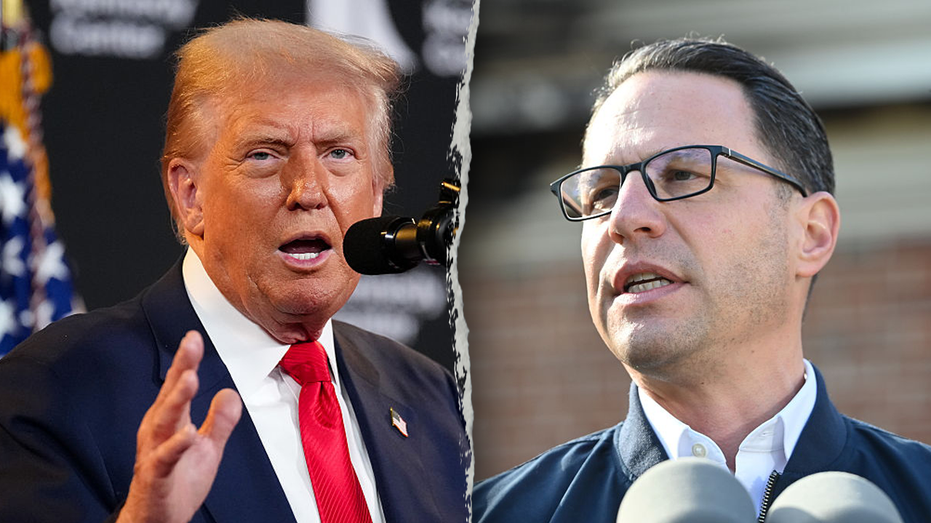The political landscape shifted dramatically. Just a year after a resounding victory that returned a president and secured congressional majorities, a new challenge now threatens to unravel those gains: the relentless pressure of everyday expenses.
The 2025 elections delivered a stark reversal of fortune. Democrats, laser-focused on affordability, achieved sweeping success, capitalizing on voter anxieties about rising costs. Early returns signaled a significant change in the national mood.
A recent national poll revealed a deeply pessimistic electorate. A staggering three-quarters of voters expressed negative views about the economy, and a substantial number – even Republicans – reported increases in the cost of essential goods like groceries, utilities, healthcare, and housing.
The blame, according to the poll, falls squarely on the current administration. Nearly twice as many voters attributed the economic woes to the president than to his predecessor. Presidential approval ratings on economic handling have plummeted to the lowest point of his second term.
“People are struggling to afford necessities and blaming those in charge,” explained a Republican pollster. He noted the irony of Democrats benefiting from an issue they arguably contributed to, a situation that previously worked against them.
A recent jobs report offered a glimmer of hope, showing an addition of 119,000 jobs. However, this positive news was tempered by a rise in the unemployment rate, signaling a complex economic reality.
Across the country, conversations with voters reveal a consistent theme: affordability. A New Hampshire radio host, regularly speaking with candidates, reported that voters are overwhelmingly concerned about their ability to make ends meet.
The Democratic victories in key states like New Jersey, Virginia, Georgia, Pennsylvania, and even traditionally left-leaning areas like New York City and California, underscored their successful strategy of focusing on kitchen-table issues and the cost of living.
The president, in a recent interview, insisted progress is being made, pointing to declining energy costs and anticipated reductions in grocery prices. He framed the issue as a matter of effectively communicating these improvements to the public.
However, polls consistently demonstrate that the message isn’t resonating. Despite efforts to highlight initiatives aimed at making America more affordable, voters remain unconvinced.
Political scientists emphasize the fundamental importance of economic concerns to voters. Winning an election creates an expectation of tangible improvements, and for many, the reality of rising costs remains unchanged, overshadowing any political rhetoric.
The window for addressing these concerns is narrowing, particularly with midterm elections on the horizon. The pressure is mounting on the administration to reconnect with working-class voters who are feeling increasingly pessimistic about their financial futures.






